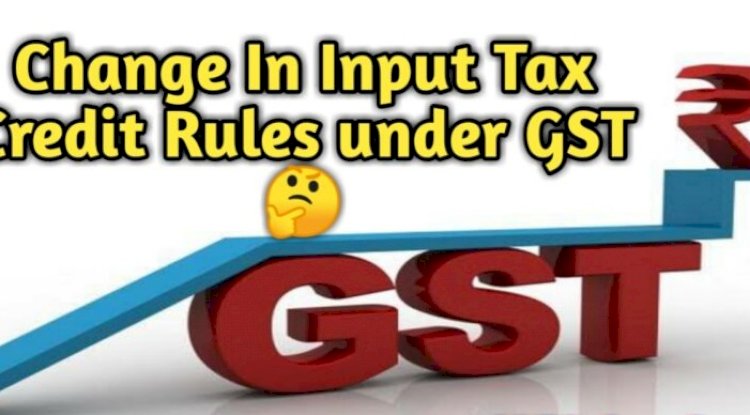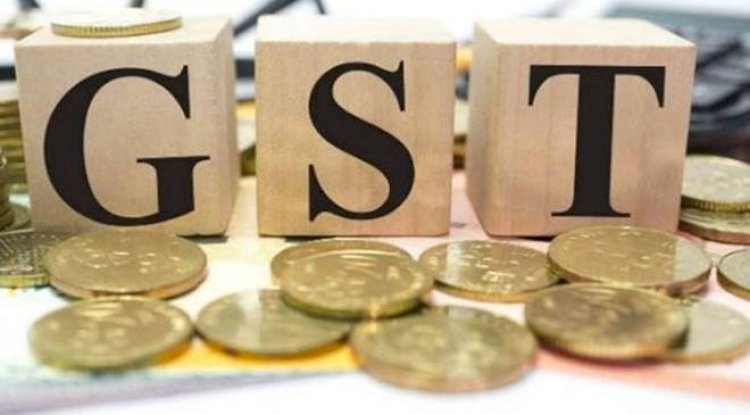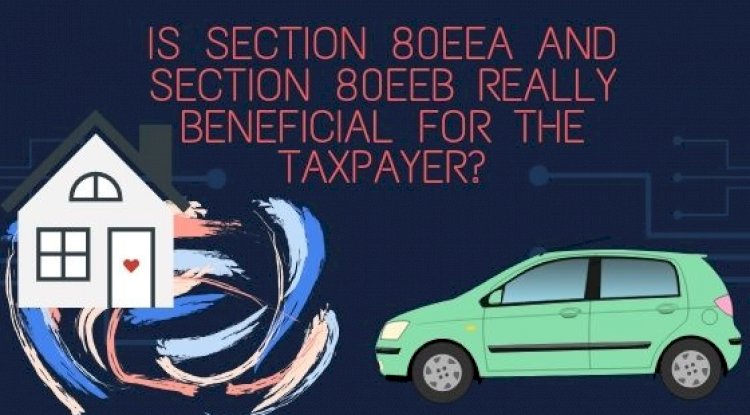Section 54 & 54F of Income Tax Act – Capital Gains Exemption
What is section 54?
Capital Gains arising out of the sale of a house are also taxed under the Income Tax Act. But under section 54 of the Income Tax Act, if a person buys another house with this amount within the stipulated time. So, the amount invested in a new house decreases by taxable capital gains. The capital gains will be separately calculated for both co-owners if the property is jointly purchased. In this way both can take advantage of it.
These condition is section-54.
- Fixed Assets should be long term capital asset.
- The property sold should be a home, chargeable as income from such house property.
- The seller should purchase a residential house either 1 year before the date of sale/transfer or 2 years after the date of sale/transfer. In case the seller is constructing a house, the seller has an extended time, ie. the seller will have to construct the residential house within 3 years from the date of sale/transfer. In case of compulsory acquisition, the period of acquisition or construction will be determined from the date of receipt of compensation.
- The new residential house should be in India. The seller cannot buy or purchase a residential house abroad and claim the exemption.
- The above conditions are cumulative. Hence, even if one condition is not fulfilled, then the seller cannot avail the benefit of the exemption under Section 54. With effect from Assessment Year 2020-21 corresponding to FY 2019-20, a capital gain exemption is available for purchase of two residential houses in India. However, the exemption is subject to the capital gain not exceeding Rs 2 crore. Also, the exemption is available only once in the lifetime of the seller.
What is the amount of Exemption available under Section 54 of the Income tax act?
For long-term capital gains, the exemption amount under section 54 of the Income Tax Act will be as follows:
-
- Long-term capital gain on transfer of residential house.
- Investment made in the purchase or construction of a new residential house property. Hence, the remaining capital gains (if any) will be taxable.
EXAMPLE:-
- Mr X sells his villa(house property) for Rs 45,00,000/-
- With the proceeds of the sale, he purchases another villa for Rs 20,00,000/-
- Capital Gains will be computed as follows
Particulars
Amt(Rs)
Capital gain on transfer of residential house
4500000
Less: Investment made in residential house property
2000000
Balance – Capital Gains
2500000
This rebate will be lower in capital gains (Rs 45,00,000) or new assets (Rs 20,00,000), so this rebate will be Rs 20,00,000.
WHAT IS SECTION 54F?
Exemption under section 54F available on long term capital gains on sale of any property other than house property..
These condition is section-54F.
- The exemptions u/s 54F is for Hindu Undivided Families and individuals
- the capital gain that arises for transferring any long term capital assets that is other than the residential house.
- Net consideration that arises for transferring long term capital assets that are invested in the following.
- The net consideration is re-invested in the buying of one residential property in one year before the transfer date or within two years after the transfer date.
- The amount is invested within a period of three years to build a residential house in India.
Circumstances in which exemption U / S 54F is not available
- The taxpayer has more than one residential property on the date of transfer of real property. However, the house that is brought for the exemption claim is exempted from it.
- The taxpayer constructs an additional residential property within three years from the date of transfer of the original property. Exemption U / S 54F is exempted for claiming new construction property.
- The taxpayer purchases an additional house within one year from the date of transfer of the original property. This new property purchased to claim exemption U / S 54F has also been exempted from it.
EXAMPLE:-
Ajay sold in gold in FY 2019-20 for Rs.1500000. It was purchase in FY 2012-13 for Rs.500000. And Ajay purchase his second house property for Rs. 3500000 in FY 2019-20. Ajay will be able to claim deduction under Section 54F.
| Particulars | Amount |
| Sales Consideration | 15,00,000 |
| Less: Index Cost of Acquisition (5,00,000*289/200) | (7,22,500) |
| Long Term Capital Gains | 7,77,500 |
| New House Property Purchase Price | 35,00,000 |
| Section 54F Exemption Amount (35,00,000*7,77,500/15,00,000) = 18,14,167 or 7,77,500 | 7,77,500 |
What's Your Reaction?























